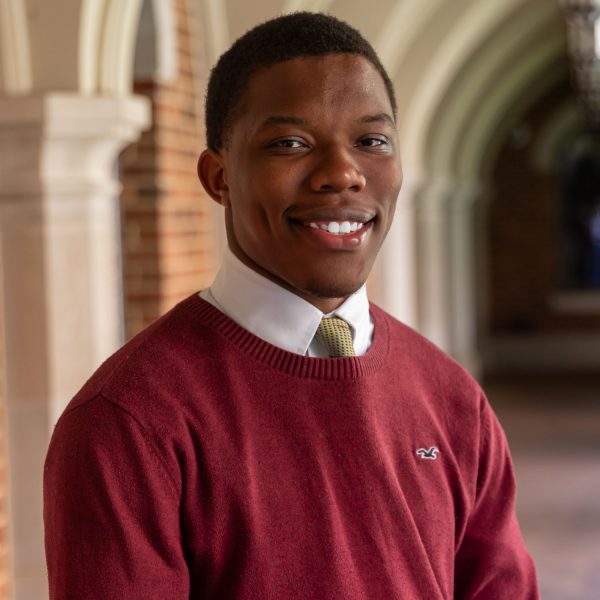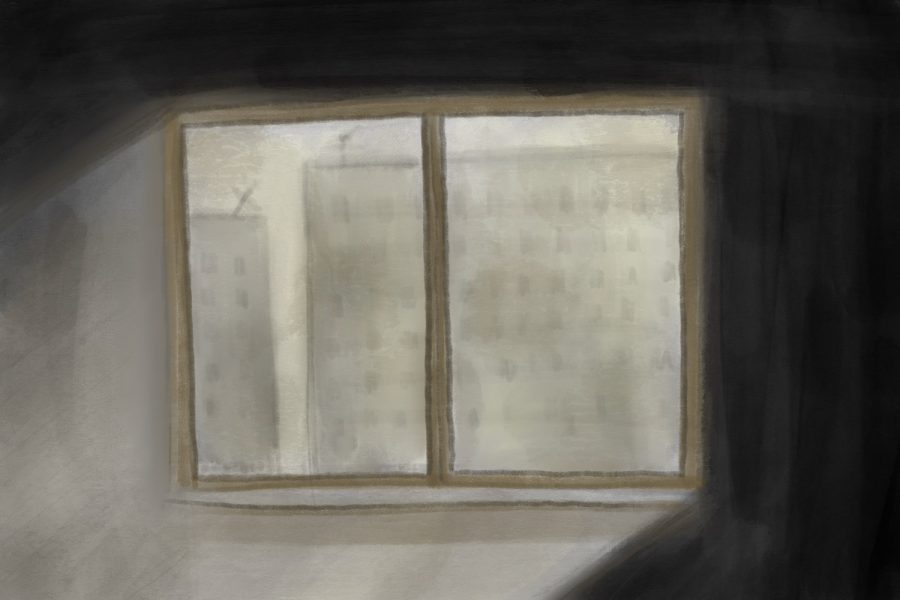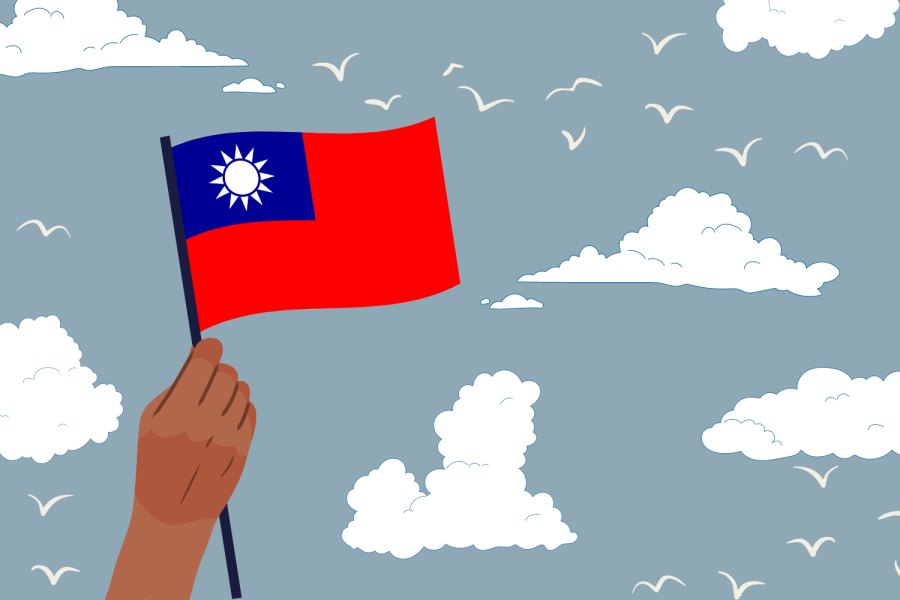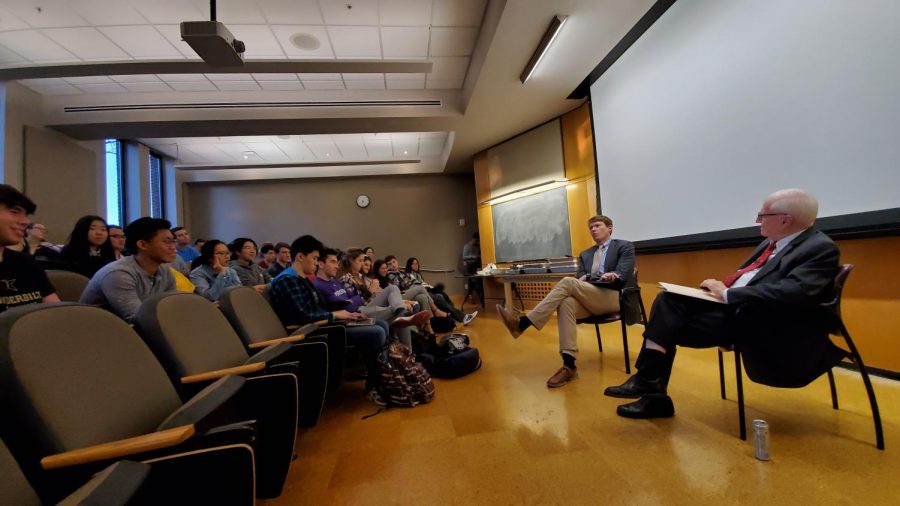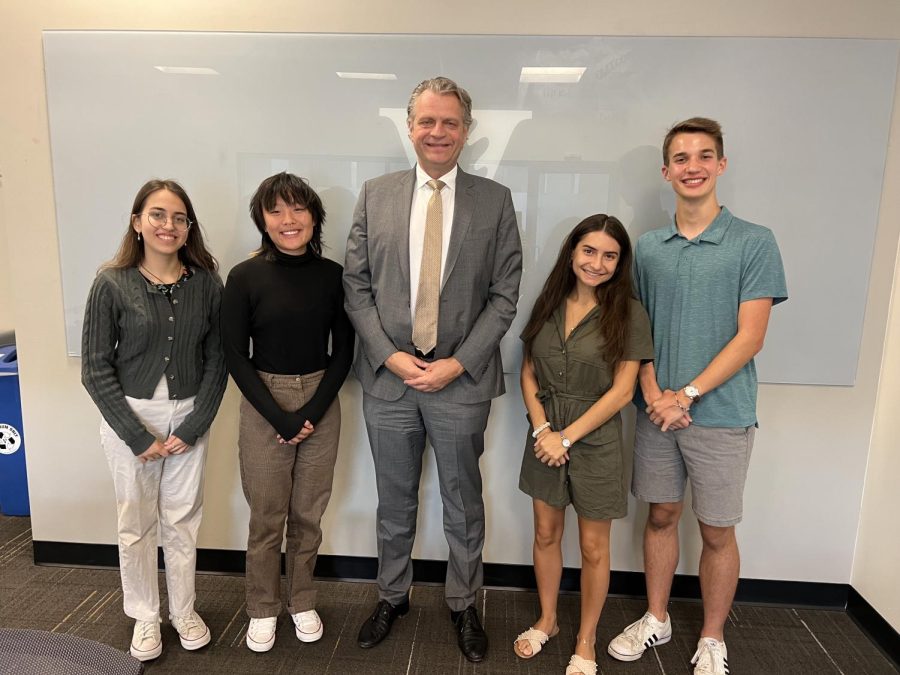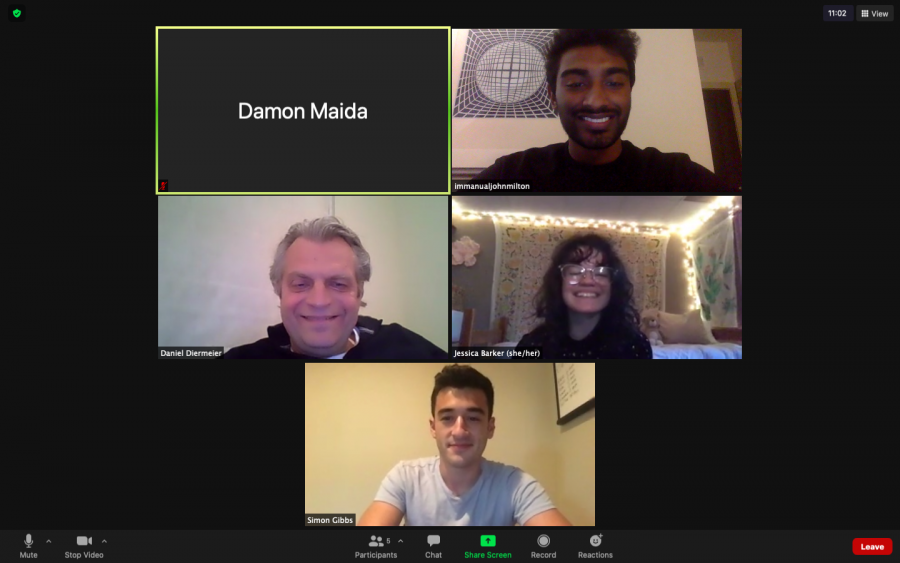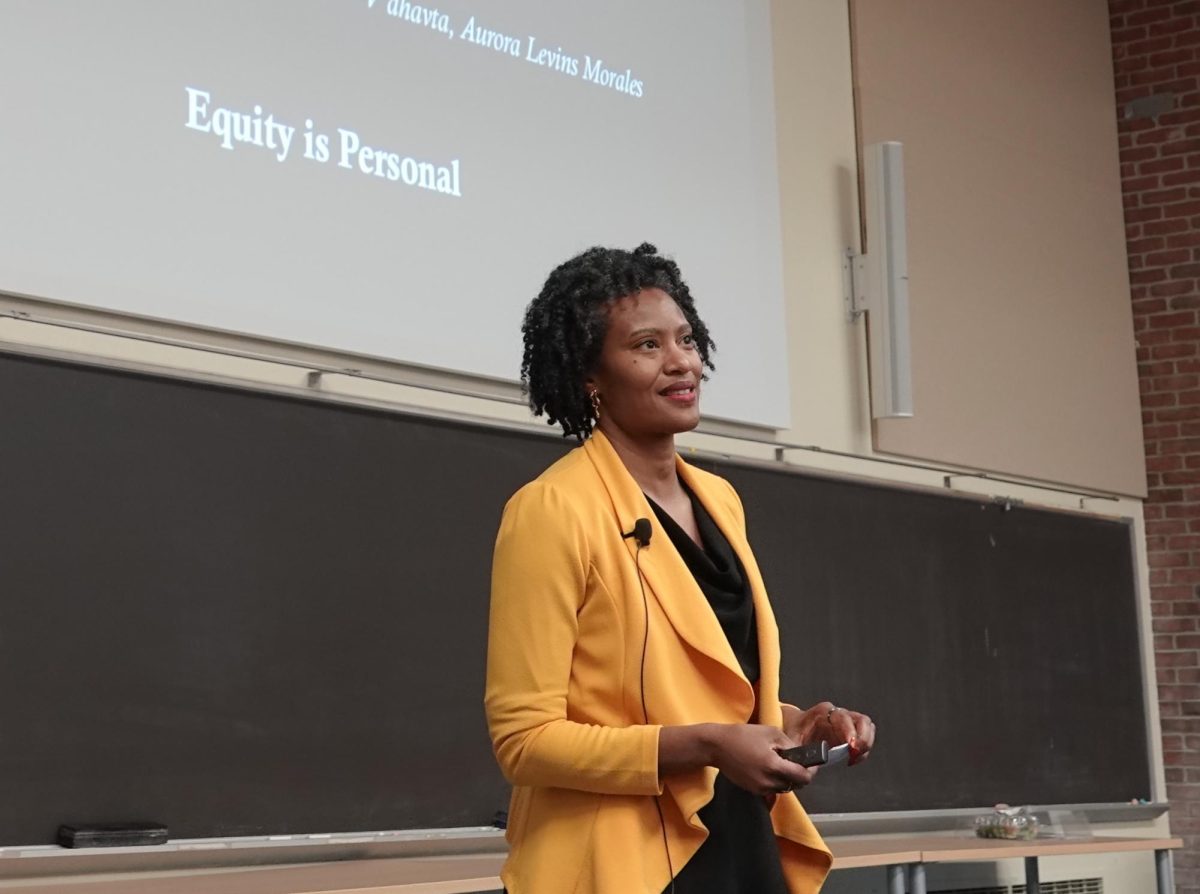Liu Zheng, a Vanderbilt PhD candidate who is unable to re-enroll next semester at the university due to Presidential Proclamation 10043 (PP10043), is among the thousands of Chinese nationals at American universities who have volunteered in the efforts to sue the federal government for continuing to uphold the proclamation. Zheng is also the primary advocate for Vanderbilt Chinese students who want to help denounce PP10043.
Former President Donald Trump signed PP10043 on May 20, 2020, prohibiting students associated with the People’s Republic of China (PRC), China’s Scholarship Council, China’s military-civil fusion strategy program and the People’s Liberation Army from obtaining F or J-1 visas. Per The American Presidency Project, the proclamation is intended to “shield” the United States’ public interests and accuses China of sending students to the U.S. to acquire sensitive information.
The 18-plaintiff, class action case is represented in the District Court of Central Illinois by Vanderbilt alumnus and The Villa Law Firm lawyer Matthew Swigger (‘10). Swigger said the Biden administration continually contributes to PP10043’s upholding.
“The Biden administration is maintaining it, it is still the policy of the United States government to this day, so we can only sue the existing administration to seek a remedy,” Swigger said.
How PP10043 affects Chinese international students
Associate professor of political science Emily Ritter said that when international students, including those from China, seek an education in the U.S., many are not just looking to stay here for their studies. The lawsuit would allow Chinese graduate scholars to remain or plan to stay in the U.S. after completing their studies.
“So many of the people who come to the United States to get a graduate degree stay in the United States,” Ritter said. “They do so, and they work as doctors, they are academics, they work as scientists, they are doing amazing things that benefit the U.S. economy.”
Zheng said PP10043 impacts the lives of Chinese students significantly, particularly those who hoped to or already attend American universities.
“For some of us, we lost the chance to be a student or a scholar forever,” Zheng wrote in a message to The Hustler. “On the other hand, some have already started their first or second year of study in the United States, but now, because of the ban, they can’t get a valid diploma or have to stop working on their studies.”
Swigger agreed with Zheng, adding that the law has also negatively affected U.S. citizens.
“[PP10043] has a real impact both on these particular students, students like yourself and professors at Vanderbilt that are denied the opportunity to work with, study with, converse with, Chinese students,” Swigger said.
Response from Vanderbilt
A university representative responded on behalf of Vanderbilt’s Office of Government and Community Relations and said that three national associations of universities have contributed to separate efforts to end PP10043, including one of which Vanderbilt is a part.
“We urged the Biden Administration to rescind policies that impede international students from studying in the U.S. and continued to hold the State Department accountable,” the representative said in an email to The Hustler.
Ritter reiterated that it disagrees with the proclamation, adding that Chinese and international scholars play a “vital” role in American research. Ritter highlighted the declaration’s adverse effects on advancing U.S. innovation.
“They help fuel the game-changing innovations that power our economy and come from our nation’s top research universities,” Ritter said. “Innovation and discovery can only stem from deep interdisciplinary collaboration, diverse perspectives, and the free exchange of ideas.”
The university representative also said that the office believes that government officials should search for a better alternative to protect U.S. public interests than excluding Chinese international students.
“While we agree we should all take threats to national security seriously and implement practices to address foreign government interference, potentially heavy-handed restrictions on Chinese students are not the answer and will jeopardize our nation’s ability to attract top scholars who contribute to addressing some of the world’s most pressing issues, as well as the health of our economy,” the email reads.
The representative added that Chancellor Daniel Diermeier would continue working with Chinese students and national organizations to reverse PP10043 and push for the U.S. to create a more suitable policy that protects both U.S. public interests and the rights of international students to get an education at Vanderbilt. Diermeier himself immigrated from Germany to obtain his master’s from the University of Southern California as a first-generation international college graduate. Diermeier later obtained another masters and PhD from the University of Rochester.
“Chancellor Diermeier recently joined the Presidents’ Alliance on Higher Education and Immigration. This alliance is composed of presidents and chancellors who are ‘dedicated to increasing public understanding of how immigration policies and practices impact our students, campuses, and communities,” the representative said.
The representative emphasized the importance of diversity in higher education and said it would push for policies that provide a safe environment for international, immigrant and undocumented students on campus.
“[Vanderbilt] support policies that create a welcoming environment for immigrant, undocumented, and international students on our campuses,” Jordan stated.
The fight to find professors who will testify
According to Zheng, the suit is struggling to find professors to attest on behalf of affected Chinese international students. Swigger encouraged Vanderbilt professors to reach out to his office if they are interested in doing so.
Ritter said faculty testimonies could play a small role in the student’s case and in their goal to prove that PP10043 is unjust and violates the Constitution’s human rights. However, he added that PP10043 is not the first time the United States has singled out Chinese students and that just because the documents have more specific restrictions does not make it a ‘just’ policy.
“This isn’t the first time that there has been a ban on Chinese immigrants, it’s happened several times in US history, and it’s more targeted and precise, but it doesn’t mean that it’s not a broad ban with good reasoning.”
Swigger says that the claim they have established under the Administrative Procedure Act (APA) for this case will hopefully help Chinese students achieve victory.
“I don’t think this policy has been implemented both procedurally and substantively, and that’s our claim under the APA,” Swigger said. “I hope that those causes of action in this current lawsuit, and many more that will be filed, can get us the victory here.”



